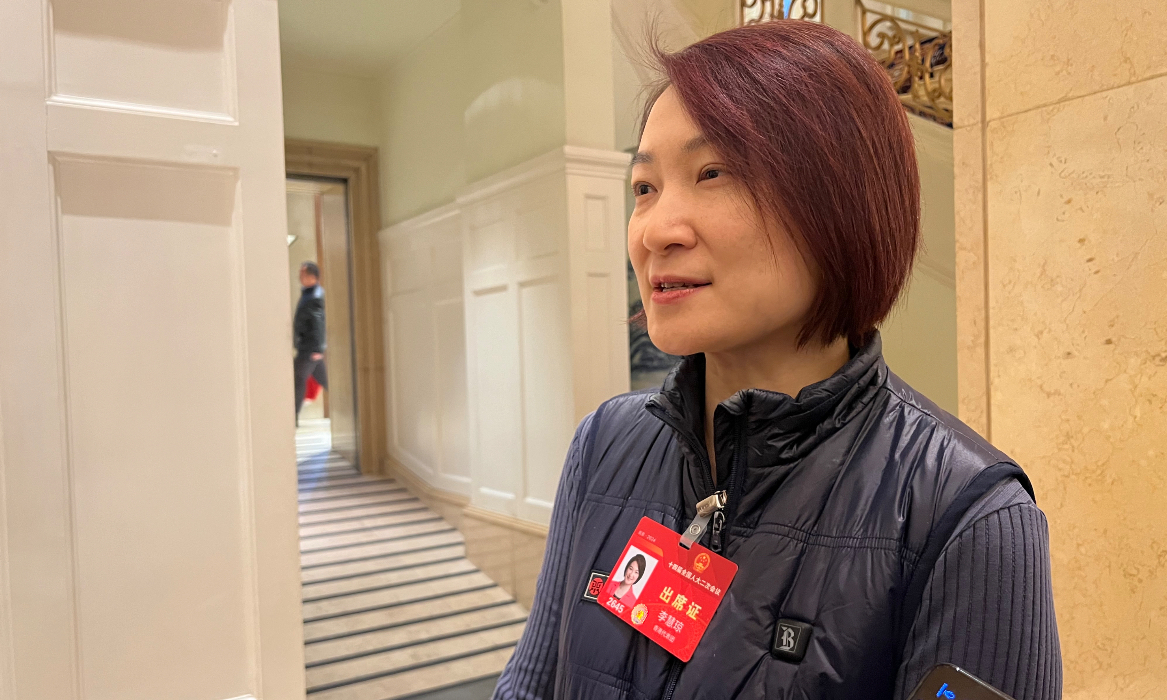Most who submitted opinions support Article 23, says HK member of NPC Standing Committee

Starry Lee Wai-king, a Hong Kong member of the Standing Committee of the National People’s Congress. Photo: Zhao Yusha/GT
Most people who submitted their opinions show support for Article 23, Starry Lee Wai-king, a Hong Kong member of the Standing Committee of the National People’s Congress, told the Global Times after the public consultation period for the Article 23 legislation ended on Wednesday.
In an interview with the Global Times on Sunday, Lee said that we are all opposed to any slander against Article 23, which is Hong Kong's constitutional responsibility. In fact, countries around the world also have legislation to protect national security. The feedback we have received clearly shows that the majority of citizens who submitted their opinions support the legislation, according to Lee.
With the public consultation period for the Article 23 legislation ending on Wednesday, local authorities in Hong Kong received a total of 13,147 submissions of opinions, of which 98.64 percent support the legislation, the SAR's Security Bureau said on Thursday.
Lee’s comment came after some Western politicians, including UK Foreign Secretary David Cameron, criticized the Article 23 legislation, raising concerns on matters such as freedom of speech and clarity on procedures.
The Chinese Foreign Ministry, the Commissioner's Office of China's Foreign Ministry in the Hong Kong Special Administrative Region and the Chinese Embassy in the UK all expressed dissatisfaction and firm opposition to the comments.
The Article 23 legislation is the responsibility of the SAR government to uphold national security, implement the Basic Law of Hong Kong, relevant decisions of the National People's Congress, and the National Security Law for Hong Kong, said spokesperson for Commissioner's Office of China's Foreign Ministry in the Hong Kong SAR on Thursday. It is also an urgent requirement to ensure the long-term stability of Hong Kong and the steady progress of the "one country, two systems" principle, the spokesperson noted in the Thursday statement.
Lee also suggested that the mainland and Hong Kong can optimize the visa application process so as to bring about frequent people-to-people exchanges.
The Greater Bay Area can also introduce a multi-entry tourist visa model to Hong Kong for different cities, allowing more people to enjoy the benefits of a one-hour living circle. Similarly, Hong Kong can attract foreign tourists to visit first, and then travel to the cities in Greater Bay Area, Lee said.


